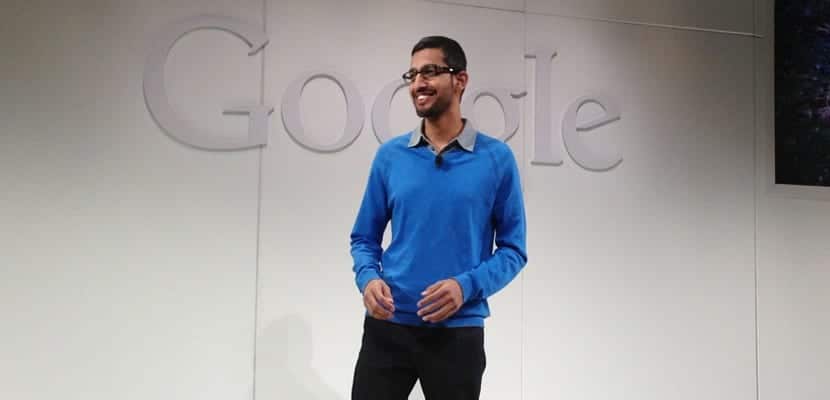
John Hennessy, the former president of Stanford and executive of Alphabet, explained in a press conference after the presentation of Google Duplex, that it passes the Turing test. This test for those who do not know what we are talking about, is a test carried out in 1950 by the English computer scientist Alan Turing, in which the intelligence of a machine is evaluated to impersonate a human.
In this case, the chairman of the board of directors of Google's parent company, Alphabet, explains that they have achieved something that is really difficult to achieve And it is that this Turing test is not something that can be overcome in terms of personal assistants.

There is no doubt that Google Duplex is the future
Without a doubt, Google Duplex is part of the immediate future of the attendees, but I personally believe that it has a long way to go before it can be seen on the final devices, what they did last Wednesday at Google I / O was spectacular, but it was a test and not something that the devices will carry immediately.
Hennessy himself said verbatim that the way he made those pauses during the conversation that the more than 7.000 attendees heard, "um" "ah" "uh" in the conversation, are really human, "in the field of dating , pass the Turing test, "he explained in a later talk on the future of computing.
For now we must insist that these are tests and nothing officially confirmed for the next devices, but on stage, Sundar Pichai, left everyone with their mouths open after the sample. Will the robots pass us? Is this the next step of the assistants? We will see all this with the passage of time, but I personally think it is early to say that Google Duplex is the present of virtual assistants.